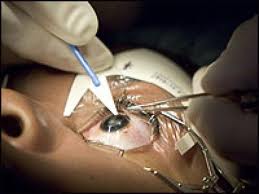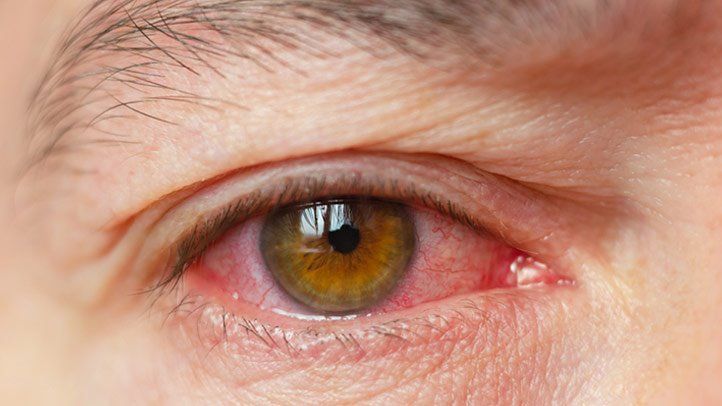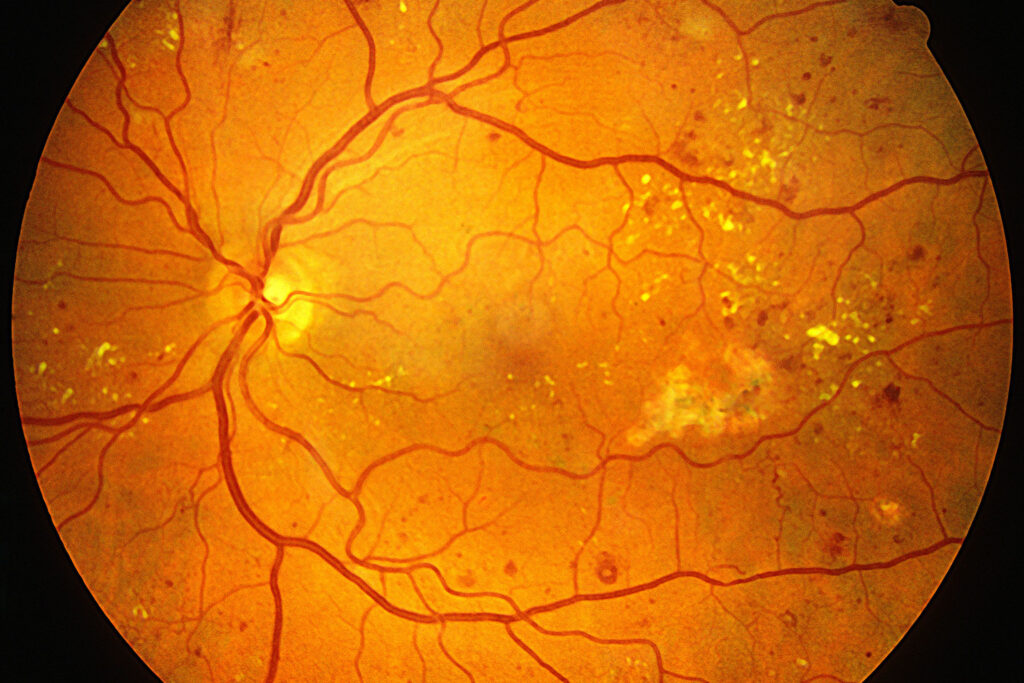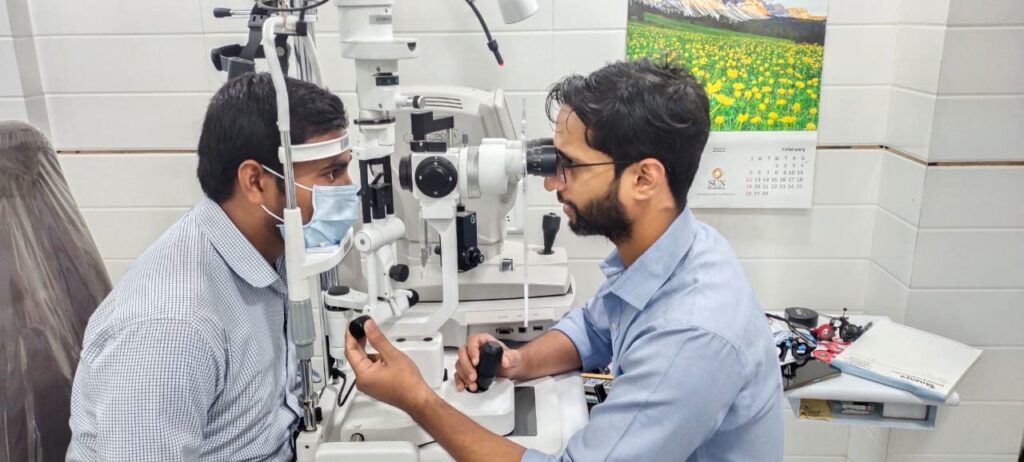EYE SERVICES

Cataract surgery (Phacoemulsification)
Cataract surgery involves removing the clouded lens and replacing it with a clear artificial lens. Cataract surgery is generally done on an outpatient basis, which means you won’t need to stay in a hospital after the surgery.
The artificial lens, called an intraocular lens, is positioned in the same place as your natural lens. It remains a permanent part of your eye. Various types of intraocular lenses are available, which will be explained to you by your treating doctor after detailed assessment of your eye.
Refractive surgery (LASIK/PRK/SMILE/ICL)
Refractive surgery, commonly known as LASIK surgery is a laser-assisted procedure where an ophthalmologist reshapes a patient’s cornea. It is a laser procedure that changes the shape of the cornea and how light reflects onto the retina, thus improving vision and thereby achieving freedom from glasses.


Glaucoma Management
Glaucoma is a group of eye conditions that damage the optic nerve. The optic nerve sends visual information from your eye to your brain and is vital for good vision. Damage to the optic nerve is often related to high pressure in your eye. Glaucoma is treated by lowering intraocular pressure. Your treating doctor will discuss various treatment options for your eyes after thorough evaluation .
Dry Eye Evaluation
Dry eye disease is a common condition that occurs when your tears aren’t able to provide adequate lubrication for your eyes. Tears can be inadequate and unstable for many reasons. A detailed evaluation and necessary treatment by your treating doctor will help in decreasing dry eye related irritation and discomfort.


Diabetic Retinopathy Management
Diabetic retinopathy is a diabetes complication that affects eyes. It’s caused by damage to the blood vessels of the light-sensitive tissue at the back of the eye (retina). If you have diabetes, see your eye doctor for a yearly eye exam with dilation, even if your vision seems fine.
Comprehensive eye check up
During a comprehensive eye exam, your ophthalmologist will assess your visual acuity, check for any refractive error, test for common eye diseases, assess how your eyes work together and evaluate the health of your retina, optic nerve and retinal blood vessels.

